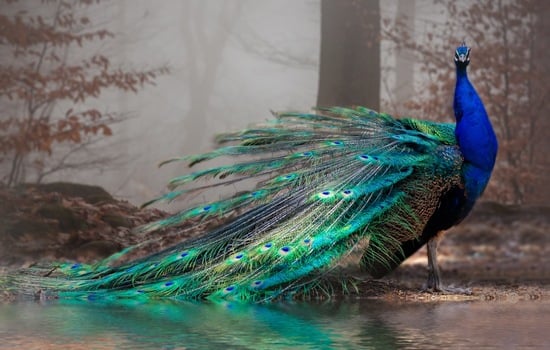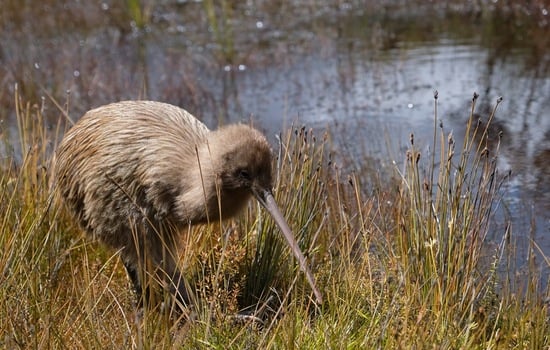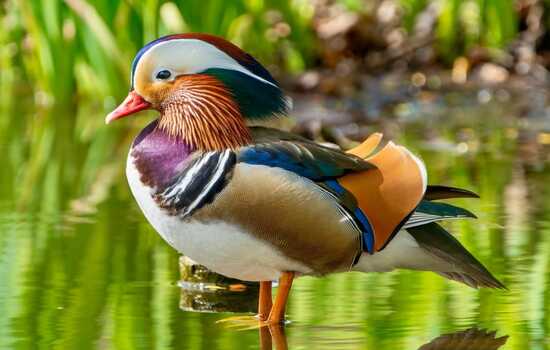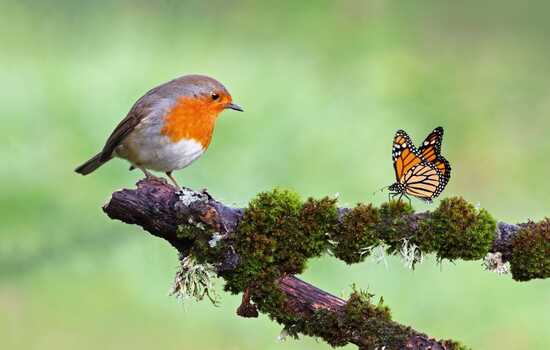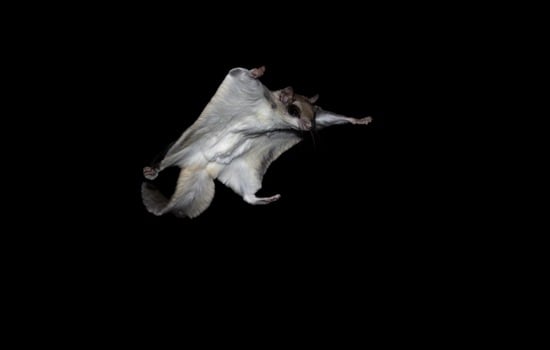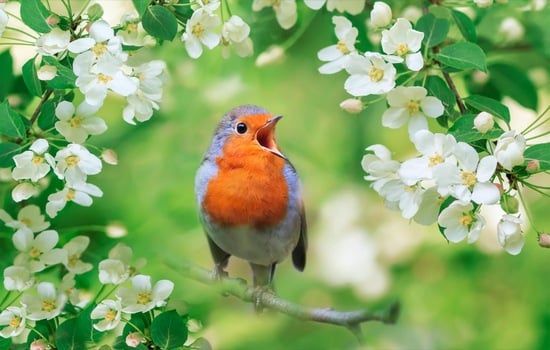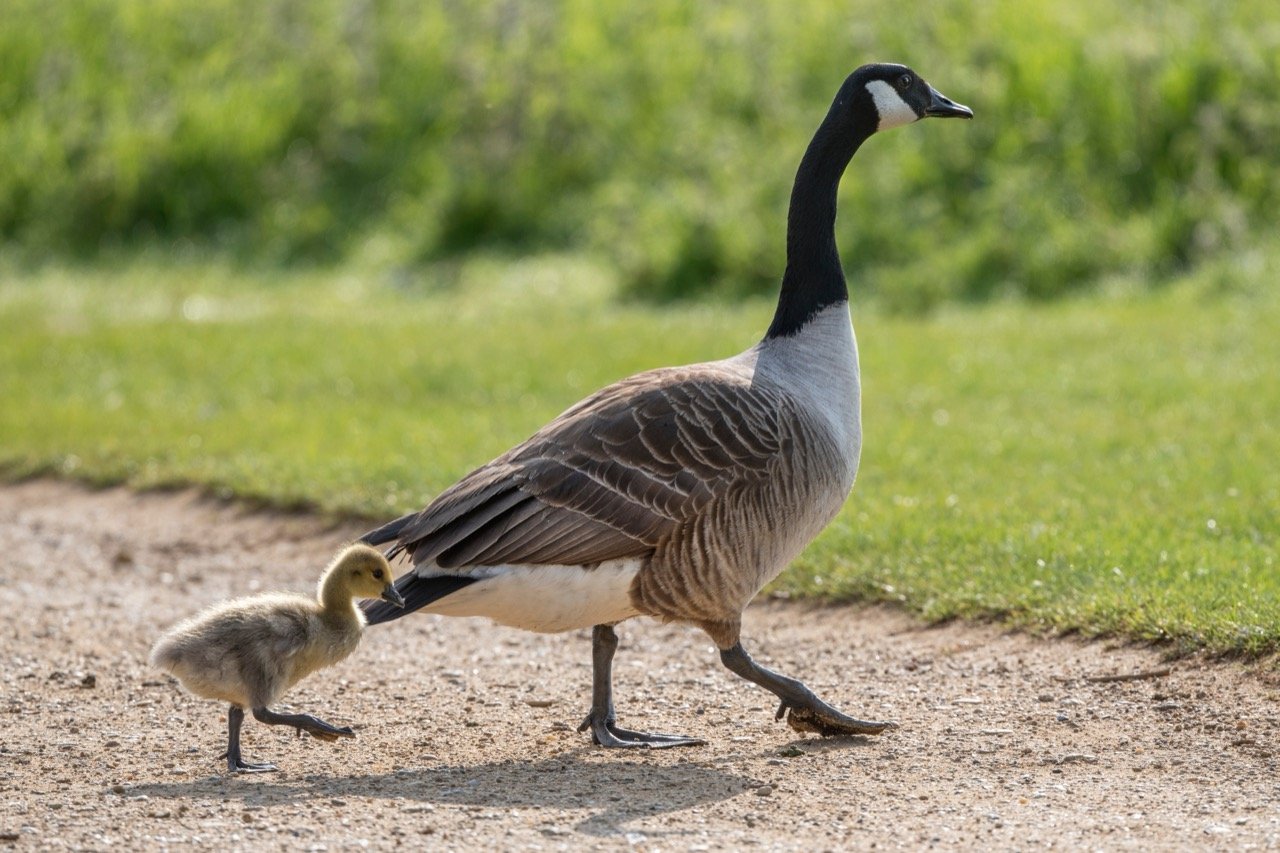
Welcome to the ultimate Canada Goose trivia quiz! Get ready to test your knowledge about the iconic Canadian bird that's often associated with warm winter jackets and adventurous expeditions. Are you a true expert on Canada Goose or just a casual bird enthusiast? Let's find out!In this quiz, you'll uncover fascinating facts about these magnificent creatures, including their natural habitat, behaviors, and unique adaptations for survival in the cold Canadian wilderness. From their impressive migration patterns to their distinctive calls, there's so much to learn about these majestic birds.So, gather your friends, put on your thinking caps, and get ready to show off your Canada Goose know-how. Whether you're a bird-watching enthusiast or just curious about these remarkable birds, this quiz is perfect for all ages and knowledge levels. Are you ready to spread your wings and soar through this fun-filled trivia adventure? Let's get started!

What is the average wingspan of a Canada Goose?

How many primary calls do Canada Geese have for communication?
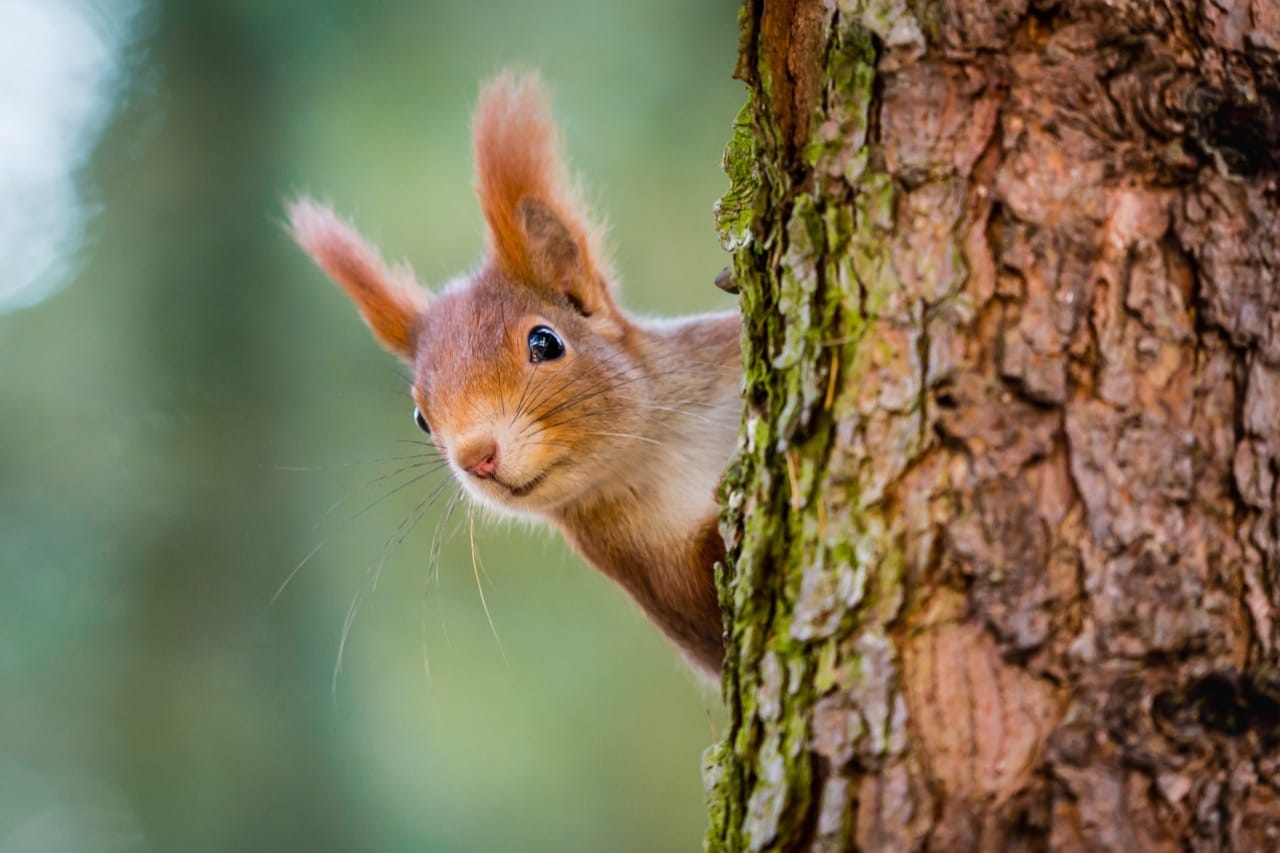
How do Canada Geese communicate with each other?
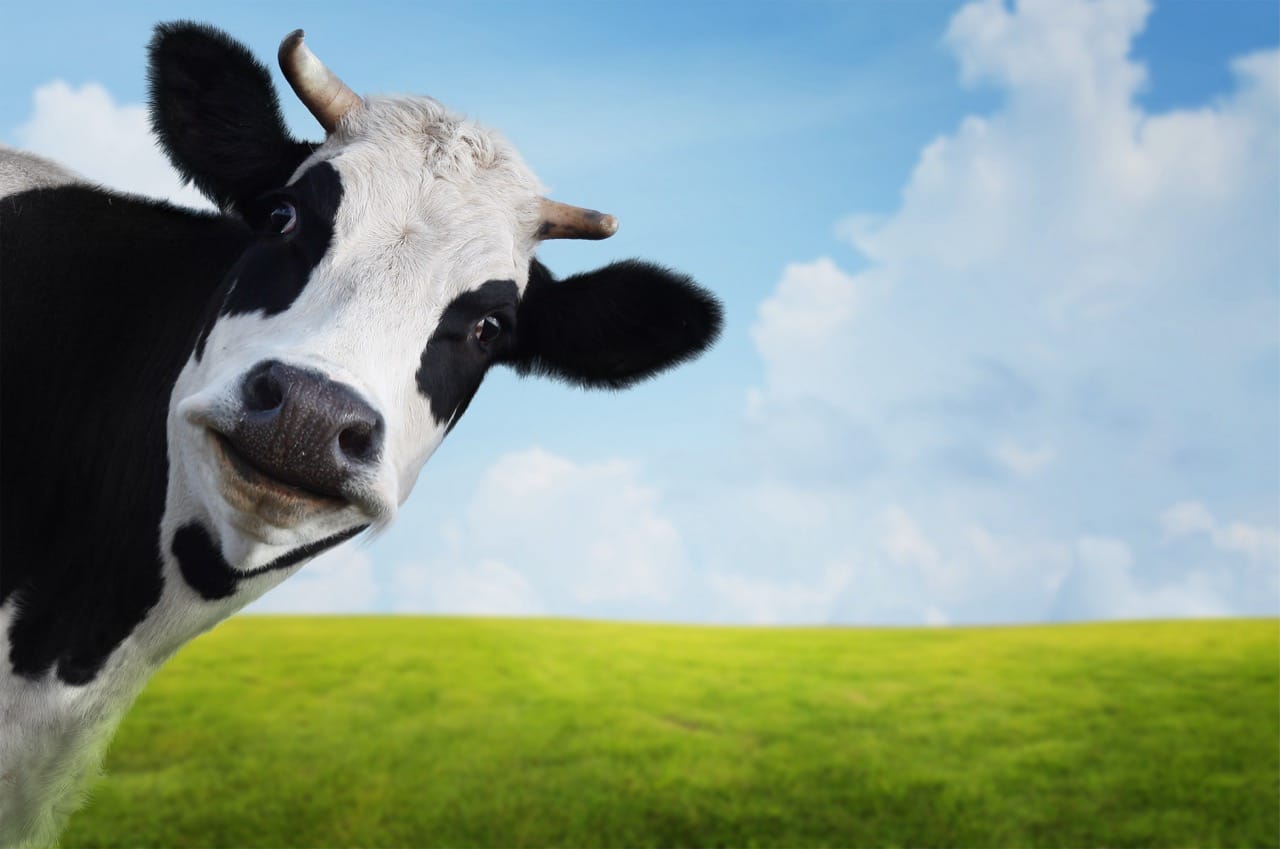
How do Canada Geese protect their nests from predators?

Which country's flag does the Canada Goose appear on?

How many subspecies of Canada Geese are recognized by biologists?

What is the mating system of Canada Geese?
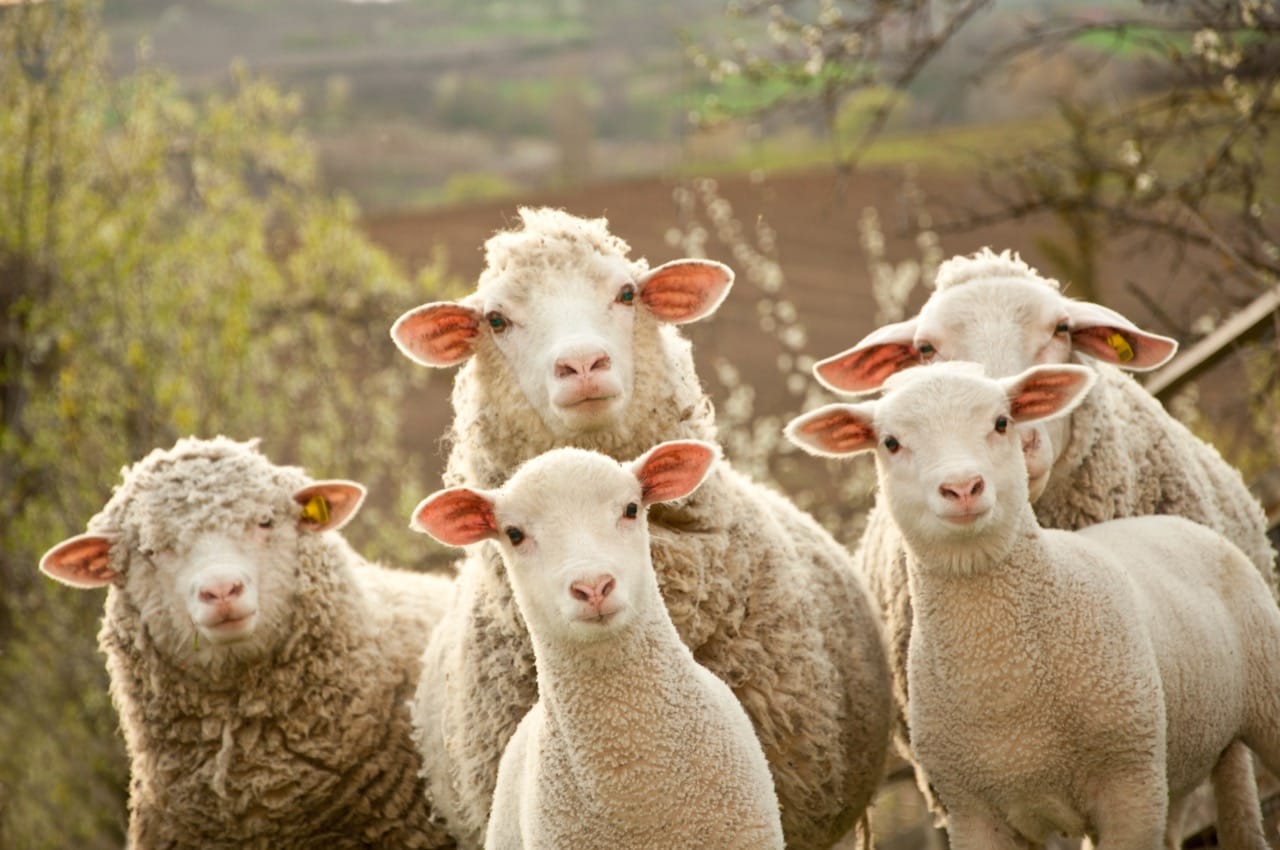
How long do Canada Geese typically live in the wild?
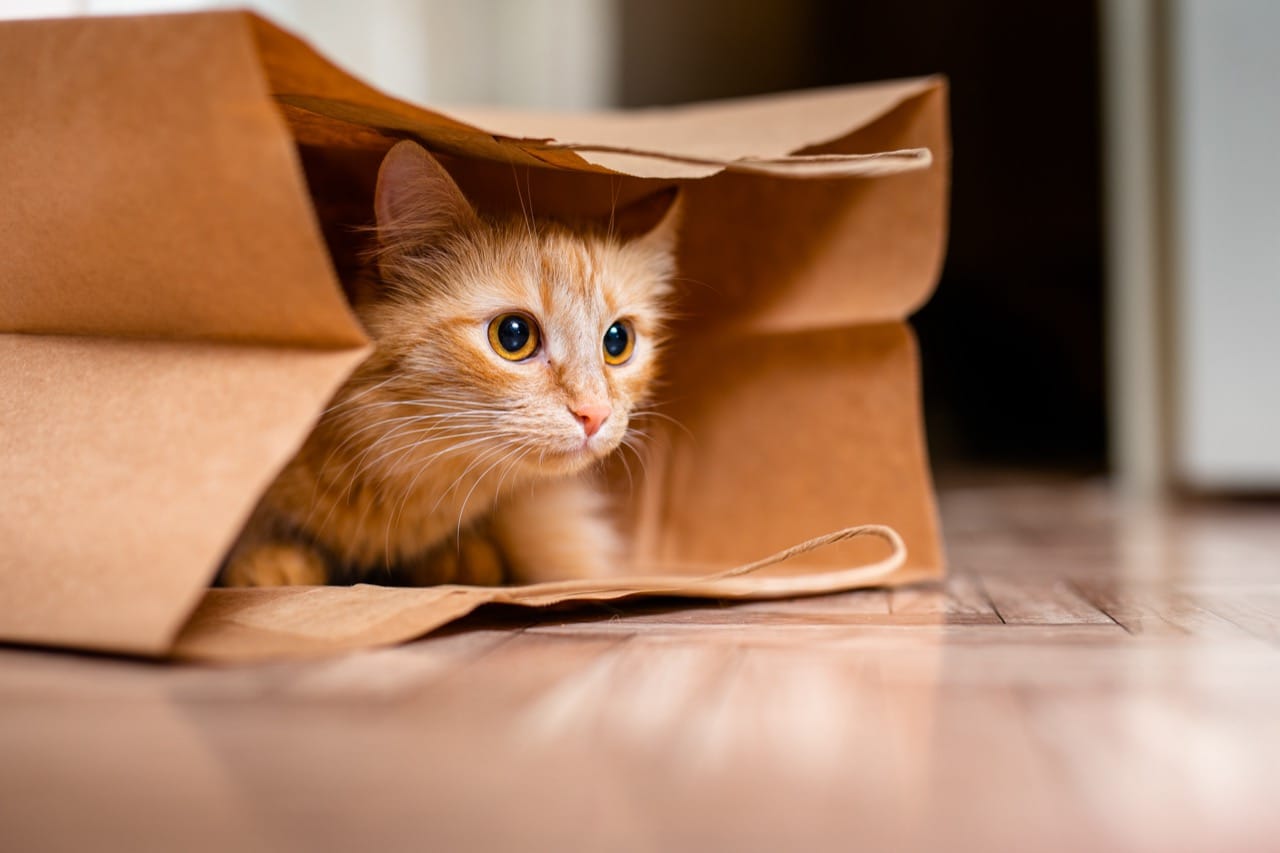
How do Canada Geese mark their territories during the breeding season?

What is the average weight of a Canada Goose?

What are the primary sources of food for Canada Geese?

What is the estimated population size of Canada Geese in the wild?

Which organ allows Canada Geese to digest tough plant material like grasses?

Which of the following habitats do Canada Geese prefer for nesting?

What is the scientific name of the Canada Goose?

How fast can Canada Geese fly in migration, reaching speeds of up to 50 mph (80 km/h)?
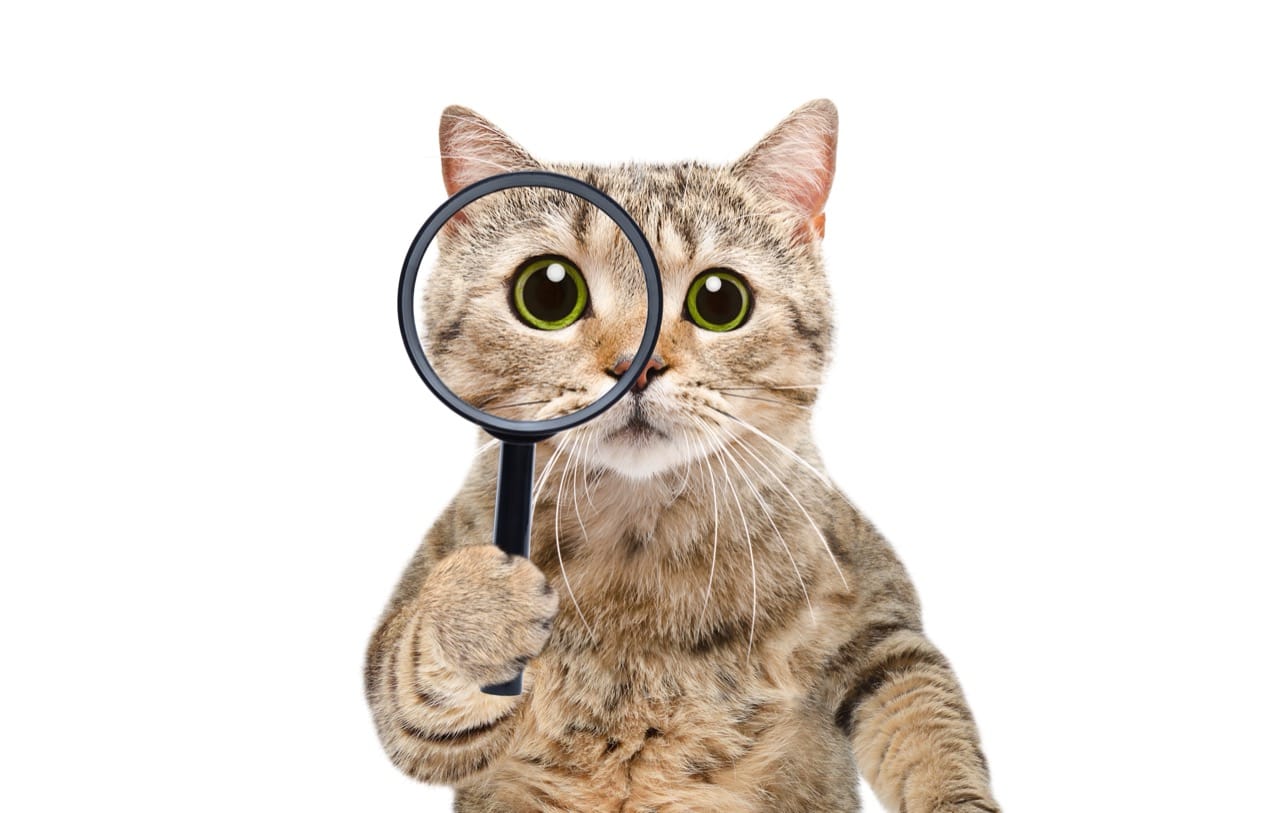
What is a group of Canada Geese called?

In which season do Canada Geese typically migrate to their breeding grounds in the northern parts of North America?

Which of the following bird species is known for its distinctive black head and neck, white chinstrap, and brownish-gray body?

